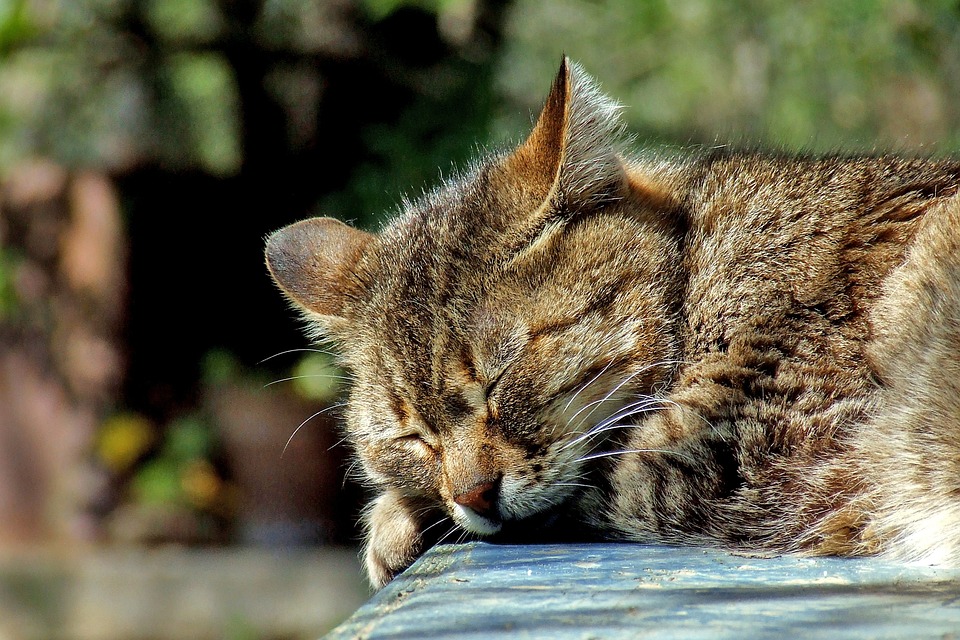Taking care of your kitten’s grooming needs from an early age is essential for their overall health and well-being. Grooming not only keeps their coat clean and healthy but also provides an opportunity for bonding and early detection of potential health issues. In this article, we will provide you with a step-by-step guide on how to groom your kitten and answer some frequently asked questions about cat grooming.
Grooming is important for kittens for several reasons. Firstly, regular grooming promotes a healthy coat. Brushing your kitten’s fur removes loose hair, prevents matting, and stimulates natural oil production, resulting in a shiny and healthy coat. Secondly, grooming helps prevent hairballs. By regularly brushing your kitten, you can remove ingested hair, reducing the risk of hairballs in their digestive system. Thirdly, grooming sessions serve as a bonding opportunity. By grooming your kitten from an early age, you strengthen the bond between you and your furry friend, fostering trust and companionship. Lastly, regular grooming allows for the early detection of health issues. By regularly examining your kitten’s skin and coat, you can spot any abnormalities such as skin irritations, fleas, or lumps, ensuring early intervention if needed.
Here is a step-by-step guide to grooming your kitten:
1. Introduce grooming gradually: Start by gently touching your kitten’s body, ears, and paws to accustom them to being handled. Offer treats and praise to create positive associations with grooming.
2. Invest in proper grooming tools: Purchase a soft brush or comb suitable for kittens, as well as nail clippers designed for feline use. Using the right tools will ensure a comfortable grooming experience for your kitten.
3. Brushing your kitten’s coat: Start by brushing your kitten’s body in the direction of hair growth, using gentle strokes. Pay special attention to areas where knots and tangles tend to form, such as behind the ears, under the armpits, and along the belly. Gradually increase the duration of brushing sessions as your kitten becomes more comfortable.
4. Trimming your kitten’s nails: Use specialized cat nail clippers to trim your kitten’s nails. Begin by trimming just the pointed tips, avoiding the quick (a vein inside the nail). If your kitten gets anxious or distressed, take a break and try again later.
5. Introduce dental care: Get your kitten accustomed to having their teeth brushed by using a soft toothbrush or finger brush and feline-friendly toothpaste. Start with short, gentle brushing sessions and gradually increase the duration. Remember to reward your kitten with praise or treats for their cooperation.
Now let’s address some frequently asked questions about cat grooming:
Q: How often should I groom my kitten?
A: Aim for daily grooming sessions of 5-10 minutes to help your kitten develop a routine and become comfortable with the process. Regular grooming will also keep their coat in top condition.
Q: My kitten hates being brushed. What should I do?
A: If your kitten is resistant to brushing, start with short sessions and gradually increase the duration as they become more comfortable. Offer treats or toys during grooming to create positive associations. Patience and persistence are key in helping them overcome their aversion to grooming.
Q: Should I bathe my kitten?
A: Generally, kittens do not require frequent baths unless they get into something dirty. However, it’s a good idea to introduce them to water gradually, starting with a shallow and warm bath when necessary. Always use cat-specific shampoos and consult your veterinarian for guidance.
Q: How can I prevent my kitten from scratching me during grooming?
A: Use positive reinforcement, such as treats or praise, to reward your kitten for good behavior during grooming sessions. Additionally, consider using a grooming restraint bag or seek professional advice if your kitten’s scratching becomes a significant issue. Remember to handle their paws gently and avoid forcing them into uncomfortable positions.
In conclusion, grooming your kitten from an early age is crucial for their overall health and well-being. By following the step-by-step guide provided in this article and addressing any concerns or aversions your kitten may have, you can help them develop good grooming habits that will benefit them throughout their life. Regular grooming not only keeps your kitten looking their best, but it also promotes a healthy coat, prevents hairballs, and strengthens the bond between you and your furry companion.








